Test engineering
The challenges of testing are well known to the various parties involved. Today, the delivery of custom software, its validation by the final customer, the MEP of a new version of software product cannot be accompanied by failures or regressions symptomatic of bad software quality. To improve this, Kereval supports its customers by offering them better control of the testing process. This process starts early in the software development cycle: from the review of the specifications.
Our scope of intervention includes all kinds of software: information systems, websites, mobile applications, embedded systems… On all these systems we can deploy several types of tests: functional, performance, cybersecurity and compliance/interoperability.
Our practices are in accordance with international standards and in particular ISO 29119.

Expertise for the benefit of our clients
Our main consulting activities are focus on mapping a customer’s test process. We identify the main KPIs, compare them to those of the domain and audit the test process in order to propose an action plan and respond to a specific problem.
Prior to the testing process, we can also assist our customers in requirements engineering to enable them to express their requirements properly: a requirement must be understood in the same way by the project manager, the developer and the tester; this is not always the case and is a major cause of project failure.
We also assist our clients in the choice of a test management tool, test automation… Precise description of the need, benchmark, POC, transfer of skills for deployment and efficient use by the client.
Finally, in certain areas such as interoperability of health systems or vehicle communication buses, we are able to provide consulting services thanks to our high-level consultants who are familiar with international standards and reference systems.
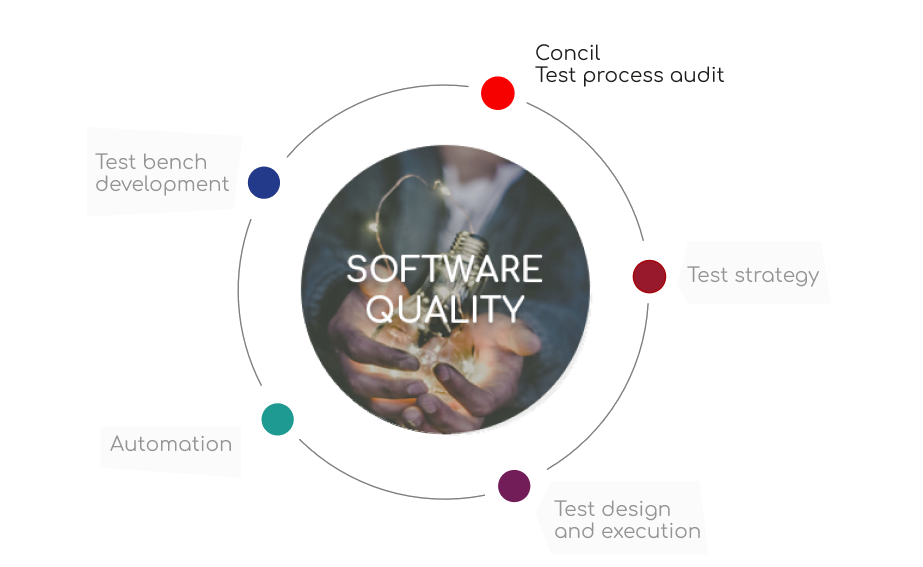
The right test at the right time
The test strategy is an activity whose importance is sometimes underestimated and too often not formalized. However, it is this central activity that will enable the testing effort to be optimized during the project in order to guarantee a level of software quality.
The test strategy, which is expressed in the test plans, will of course identify all the project’s test activities with their objectives, but also what will be tested and how, and finally what will not be tested. Started very early in the project, the test strategy must allow you to respond very quickly to the usual problems of test tools, test environment and data sets.
The test strategy applied will of course be different for V-based or agile development processes but it also depends on the project context. The interest of test automation for the project will be evaluated when defining the strategy.
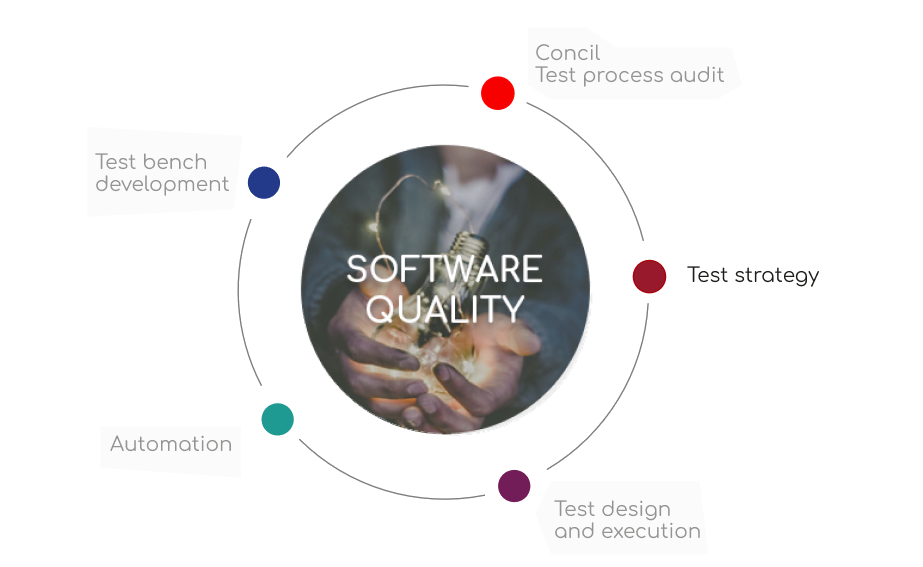
Austerity !
Test strategy is an activity whose importance is sometimes underestimated and too often underestimated.
The requirements analysis and test design phases can start as early as possible when the requirements are written.
The test plan is an important guide for allocating test effort and design methods. In particular, the knowledge of manual versus automated testing will influence the design of test cases.
We support development teams in unit testing, integration testing and system testing as well as end customers in acceptance testing by integrating business process modeling.
We bring an extreme importance to the reporting during the test campaign and to the quality of the test reports which are always accompanied by higher level elements for decision making.
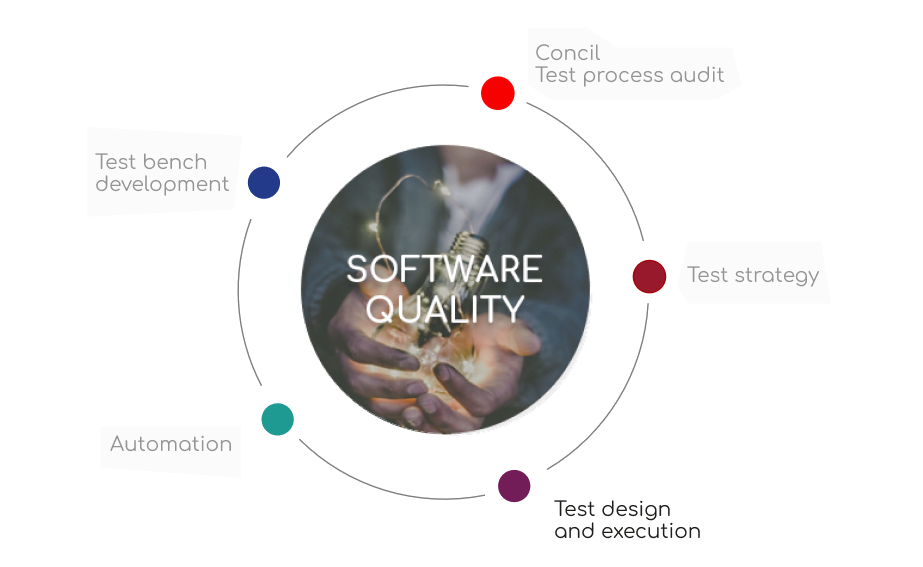
Why and what automated tests?
Si l’automatisation accélère de façon indéniable le Time To Market, elle peut aussi être un coût important pour le projet (coût d’automatisation, de maintenance, d’infrastructure) et un ROI n’est pas toujours garanti.
Une telle démarche se décide au plus tôt, lors de définition de la stratégie de test. Elle va se continuer avec les choix d’automates de tests, de types et niveaux de test (fonctionnels, techniques) puis des tests qui seront à automatiser.
Ces choix sont importants pour bien maîtriser le coût de l’automatisation et son efficacité dans le temps. La mise en œuvre de chaînes d’intégration continue ou de déploiement continue a depuis quelques années renforcé l’importance de l’automatisation.
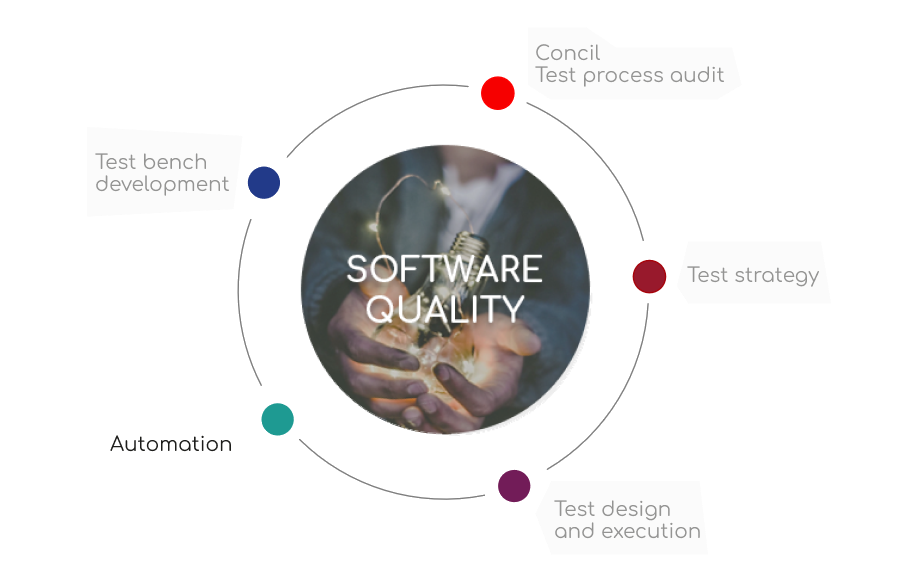
Our experience as a tester for client teams
For several years, we have developed an activity of realization of software test benches which requires profiles of software architect and computer developer.
We put all our know-how of test laboratory to design these benches which will be used by teams of testers. A single criterion to demonstrate it: we obtain rates of more than 80% of automated tests!
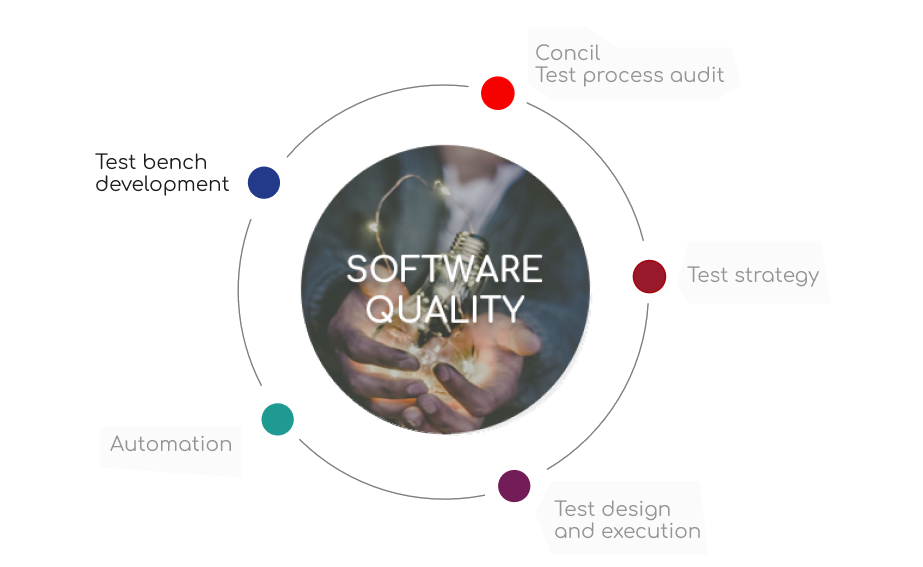
Interoperability testing
Kereval has made this a specialty in certain sectors such as the service industry. We ensure that the software complies with an interoperability framework often based on norms and standards.
Cybersecurity tests
Carried out by another specific Kereval team which is qualified PASSI by the ANSSI, the cybersecurity tests will search for vulnerabilities and security flaws in a software program.
Functional tests
Functional tests, which are the most well-known, verify that the software being testing correctly provides the expected functionality. Non-regression tests are partly based on functional tests.
Performance tests
Of particular interest before production implementation, performance tests and in particular load tests are carried out by a specific team experienced in the use of specialized products.
Our achievements
“Lorem ipsum dolor sit amet, consectetur adipiscing elit. Amet cursus pellentesque risus in tincidunt tincidunt nullam nunc. Vestibulum gravida molestie elit, sed et nibh ultricies facilisi. Mauris enim, pretium sem nunc nulla sit morbi orci.”
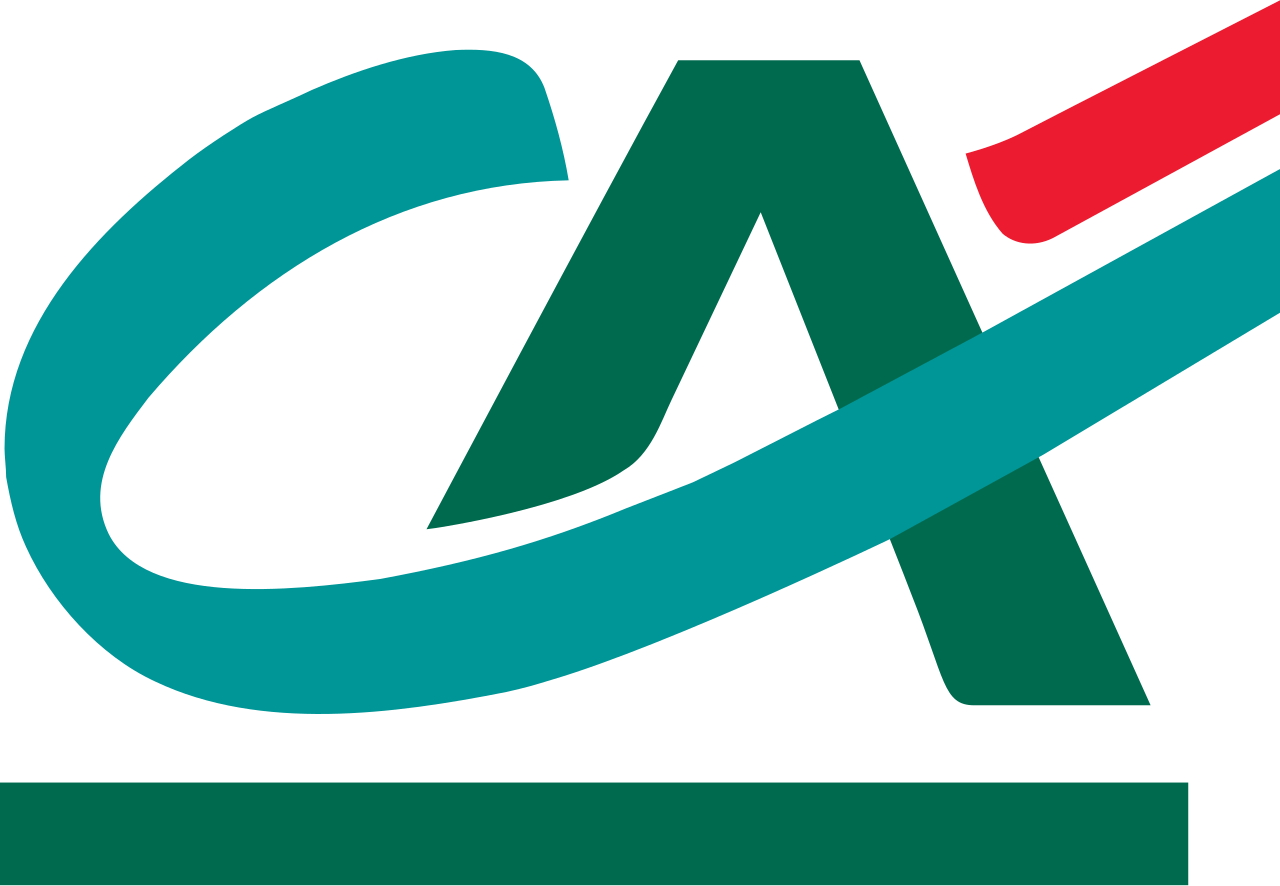
Crédit Agricole
Test de performance
“Lorem ipsum dolor sit amet, consectetur adipiscing elit. Amet cursus pellentesque risus in tincidunt tincidunt nullam nunc. Vestibulum gravida molestie elit, sed et nibh ultricies facilisi.”

Orange
Test de performance
“Lorem ipsum dolor sit amet, consectetur adipiscing elit. Amet cursus pellentesque risus in tincidunt tincidunt nullam nunc. Vestibulum gravida molestie elit, sed et nibh ultricies facilisi.”

Orange
Test de performance






